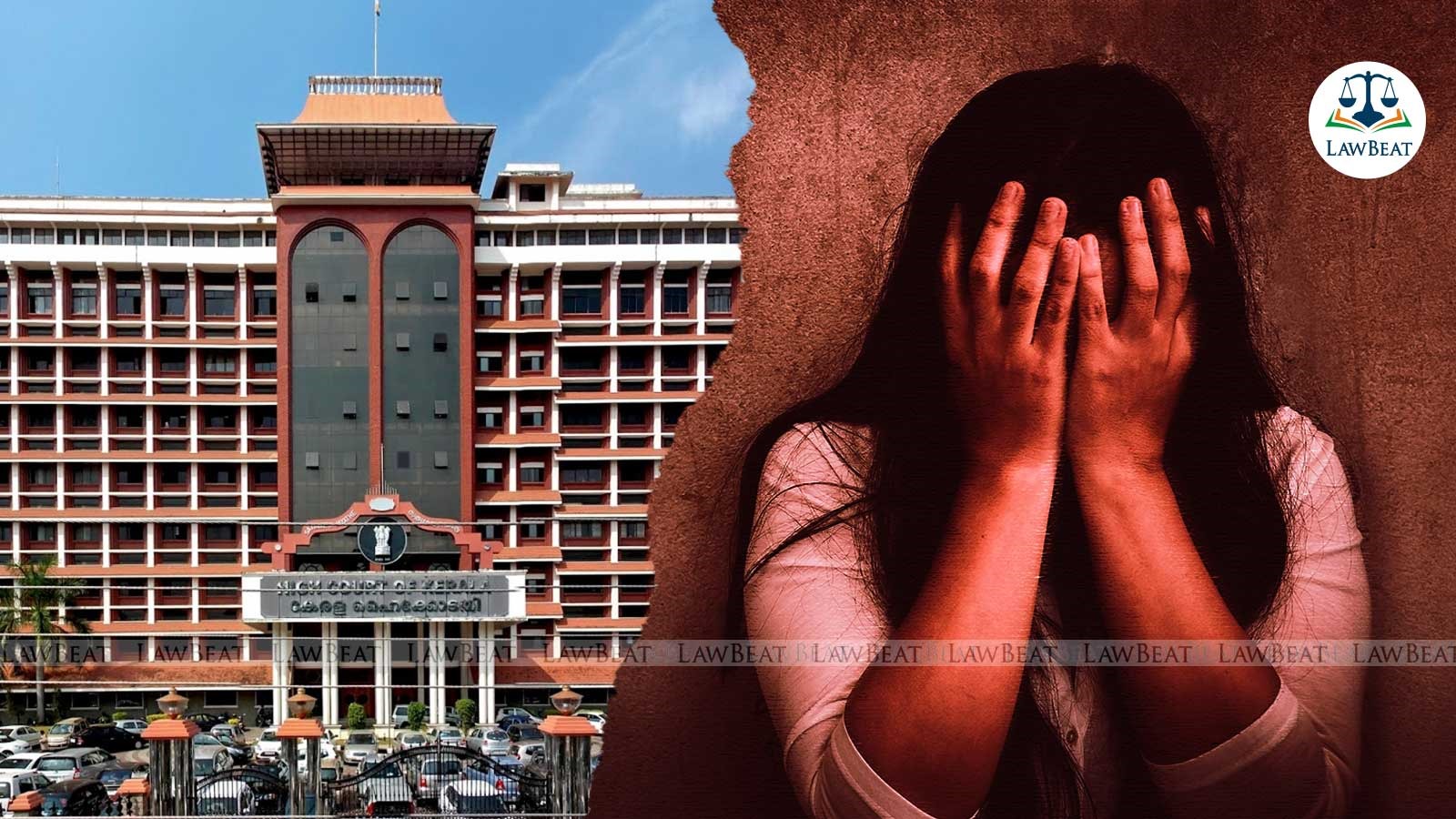Recurrent Depression, Poor Adherence to Treatment Will Not Qualify as Insanity: Kerala HC Upholds Woman’s Conviction for Nepoticide

The court was hearing a plea challenging the conviction order of the trial court, rejecting the ground of insanity claimed by the accused
The Kerala High Court upheld the conviction of a woman found guilty of murdering her 12-year-old nephew by strangulation, asserting that “recurrent depressive disorder with poor treatment adherence, will not qualify the appellant to enable her to meet the legal threshold for insanity.” The division bench, comprising Justice Raja Vijayaraghavan V and Justice G. Girish, confirmed the trial court’s judgment, which sentenced Vijayamma, the appellant, to life imprisonment under Section 302 of the Indian Penal Code (IPC) for committing nepoticide.
The case involved Vijayamma, an experienced nurse, who had traveled from Bombay to her parental home on September 2, 2013. During her stay, she requested a substantial sum of Rupees 15 Lakhs from her father, which he refused, suggesting she sell her share of family property to raise the amount. That evening, after buying chocolates for Rahul, the deceased nephew, Vijayamma stayed in the room with him, locking the door from the inside. Around 3 a.m., the same night, Vijayamma allegedly strangled Rahul with her pyjama string while he slept. After the murder, she informed her family of the incident and immediately contacted the police to report it. The police arrived and found her lying beside Rahul's lifeless body. She was arrested and subsequently charged with murder.
The appellant, in her defence, claimed the plea of insanity under Section 84 of IPC, contending that she suffered from recurrent depression and had a history of mental health issues dating back to 1985. It was further claimed that her mental state rendered her incapable of understanding the nature of her actions during the crime, thereby qualifying her for an insanity defence.
The appellant was arrested on September 3, 2013. During her detention, it was noted that no evidence was found supporting her claims of ongoing treatment for mental health issues. A psychiatric evaluation was later conducted, concluding that Vijayamma was not suffering from any psychotic disorder and was fit to stand trial, contradicting her claims of mental incapacity.
Opposing the appellant’s claims, the prosecution asserted that while the appellant had a documented history of mental illness, there was no sufficient evidence to prove that her condition rendered her incapable of understanding her actions at the time of the incident. The prosecution argued that mere presence of mental illness does not automatically warrant the application of the insanity exception, especially without a clear demonstration of the appellant's inability to comprehend her actions due to her ailment.
The court, addressing the crucial issue: “Whether the defence of legal insanity raised by the accused can be accepted to relieve her from criminal liability?,” observed that to attract the mandate of Section 84 of IPC, “there must be an inability of a person in knowing the nature of the act or to understand it to be either wrong or contrary to the law.” The court also underscored the principle underlying Section 84 is based on the maxim actus non facit reum nisi mens sit rea, meaning an act does not constitute guilt unless done with a guilty intention.
Referencing the Apex Court's decision in Prakash Nayi v. State of Goa, the court clarified that mere unsoundness of mind is insufficient, it must involve an incapacity to comprehend the act's nature. Further emphasising that the legal test is whether a person could not understand the nature of their actions or distinguish right from wrong at the time of the offence.
The court laid emphasis on the burden of proof regarding an insanity defence, stating, “In a case where the plea of insanity is raised, the accused is required to satisfy the court, on the balance of probabilities, that at the time of the act, he/she was of unsound mind…If the conduct of the accused reveals an awareness of guilt, it would undermine the defence of insanity. If the materials presented by the accused raises a reasonable doubt in the mind of the court about his/her mens rea, the accused is entitled to an acquittal on the ground that the prosecution has failed to discharge its burden of proof.”
The court also considered the testimonies of several medical practitioners regarding the appellant's mental state, which indicated that the appellant did not suffer from a mental disorder that impaired her awareness or understanding of her actions though she suffered from prolonged mental illness.
In light of these observations, the court emphasised that despite her history of depression, there was no evidence of a severe mental condition, stating that “the appellant though suffered from a mental ailment like depression and schizoid features even before and after the incident but from that, one cannot infer on a balance of preponderance of probabilities that the appellant at the time of the commission of the offence did not know the nature of her act; that it was either wrong or contrary to law.”
The court concluded that “the plea of the appellant does not come within the exception contemplated under Section 84 of the Indian Penal Code,” while upholding the decision of the trial court convicting the appellant for the offence of murder.
Cause Title: Vijayamma v State of Kerala [CRL.A NO. 797 OF 2018]
